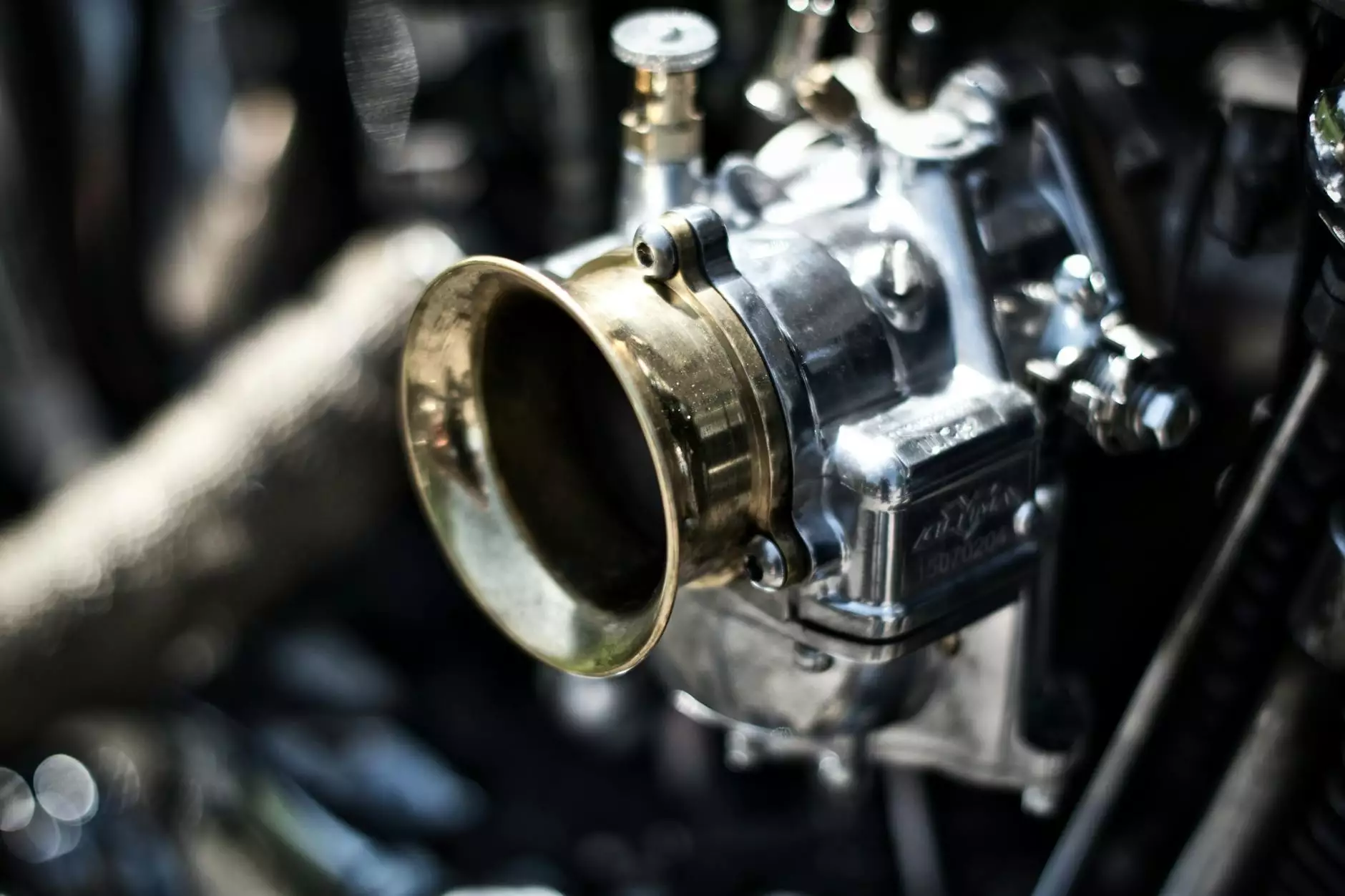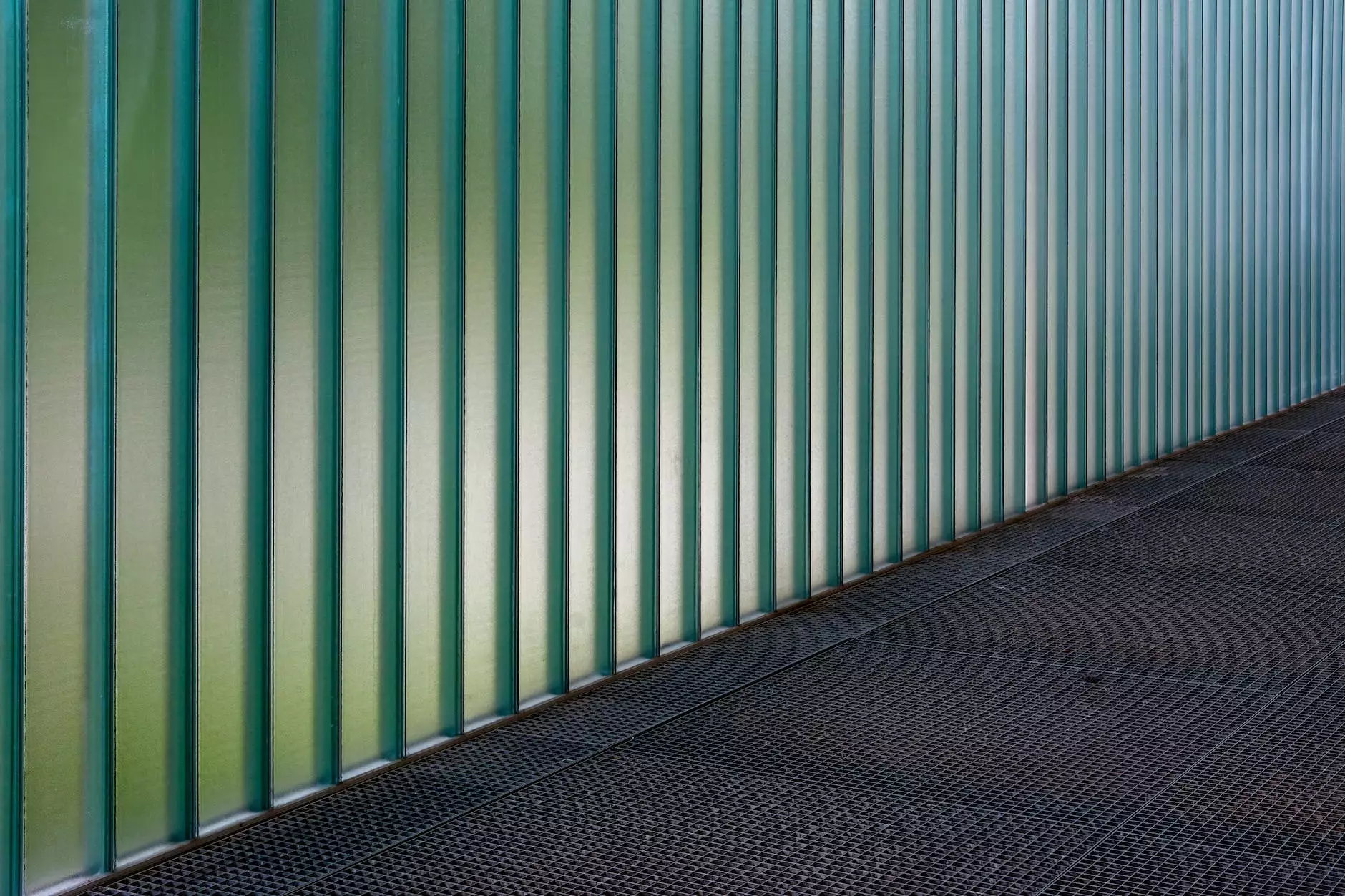Cylinder Engine Block: Essential Insights for Diesel Engine Parts

The cylinder engine block is a crucial component in the realm of diesel engines, often considered the heart of the engine itself. Understanding its significance, structure, and functionality not only enhances our knowledge of diesel mechanics but also shed light on the intricacies of diesel engine parts and their roles in performance and efficiency. This comprehensive article aims to dissect the cylinder engine block, addressing its features, benefits, and the essential aspects to consider when sourcing this pivotal part from spare parts suppliers.
1. What is a Cylinder Engine Block?
The cylinder engine block serves as a foundational structure for an engine, enclosing critical components such as cylinders, pistons, and crankshafts. Typically made from materials like iron or aluminum, the block provides the necessary strength to endure extreme conditions while also ensuring efficient heat dissipation.
1.1 Types of Cylinder Engine Blocks
There are primarily two types of cylinder engine blocks:
- Cast Iron Blocks: Known for their durability and excellent wear resistance, cast iron blocks are commonly used in heavy-duty diesel engines.
- Aluminum Blocks: These blocks are lighter than their cast iron counterparts, providing better fuel efficiency and performance in high-speed applications.
2. Components of a Cylinder Engine Block
Understanding the components of the cylinder engine block is essential for recognizing its role in engine performance. Here are the primary components:
- Cylinders: The hollow passages where the pistons move up and down, converting fuel energy into mechanical energy.
- Piston Sleeves: These provide a smooth surface for the pistons to glide, minimizing friction and wear.
- Water Jackets: These are passages within the block designed to circulate coolant, preventing overheating.
- Drain Passages: They allow for the drainage of excess oil and ensure a consistent lubrication system.
3. The Manufacturing Process of Cylinder Engine Blocks
The creation of a cylinder engine block is a meticulous process that requires precision engineering. Here’s an overview of the traditional manufacturing stages:
3.1 Casting
The block is typically produced through a casting process, where molten metal is poured into a mold. This allows for the complex shapes required by the engine components.
3.2 Machining
Post-casting, the block undergoes extensive machining to ensure that all surfaces are smooth and fit together perfectly. This step is vital for performance as it directly affects the seal between components.
3.3 Surface Treatment
Surface treatments such as anodizing for aluminum blocks or painting for iron blocks are applied to enhance durability and corrosion resistance.
4. Importance of a High-Quality Cylinder Engine Block
The quality of the cylinder engine block can significantly influence the overall performance and longevity of the engine. Here are a few reasons why investing in a high-quality block is important:
- Durability: A well-constructed block can withstand high pressures and temperatures without warping or cracking, which is crucial for diesel engines.
- Performance Efficiency: Quality blocks have better thermal conductivity, promoting optimal engine temperature and performance.
- Reduced Maintenance: Investing in a durable block minimizes the likelihood of engine failures, which can lead to costly repairs and downtime.
5. It’s All in the Details: Factors to Consider When Choosing a Cylinder Engine Block
When sourcing a cylinder engine block from suppliers, several factors need to be evaluated to ensure that the right part is selected. Here are key considerations:
5.1 Compatibility
Ensure that the block is compatible with your diesel engine model. Mismatched parts can lead to serious engine issues.
5.2 Material Quality
Inspect the material used for the block. High-grade cast iron or aluminum should be preferred for better performance and longevity.
5.3 Manufacturer Reputation
Research the supplier's reputation. Opt for reputable manufacturers known for quality and reliability in diesel engine parts.
5.4 Warranty and Support
Consider the warranty and after-sale support provided by the supplier. Good warranty terms can serve as an indication of the product's quality.
6. The Impact of Cylinder Engine Blocks on Overall Engine Performance
The cylinder engine block plays a pivotal role in the performance characteristics of a diesel engine. Here’s how:
6.1 Fuel Efficiency
A quality engine block optimizing heat dissipation ensures that the engine runs efficiently, improving fuel economy—an essential factor for any diesel engine user.
6.2 Power Output
The intricacies in the design of the engine block can determine the maximum power output of the engine, directly affecting vehicle performance.
6.3 Emissions Control
With stricter emissions regulations, a well-designed cylinder block contributes to better combustion, aiding in reducing harmful exhaust emissions.
7. Trends in Cylinder Engine Block Technology
The engine technology landscape is ever-evolving, and the cylinder engine block is no exception. Some of the trends include:
7.1 Increased Use of Lightweight Materials
Manufacturers are increasingly turning to lightweight materials like advanced aluminum alloys to enhance performance and fuel efficiency.
7.2 Advanced Cooling Techniques
Innovations in water jacket design and heat treatment processes are allowing for better temperature management, improving engine efficacy.
7.3 Block Integrated Technologies
Emerging integration of technologies including sensors directly into the block, enabling real-time monitoring of engine performance and efficiency parameters.
8. Conclusion: The Essential Role of Cylinder Engine Blocks in Diesel Engines
To summarize, the cylinder engine block is undoubtedly a vital component in the functionality and performance of diesel engines. Recognizing its significance, understanding the various factors involved in its construction, and making informed decisions when sourcing this part from spare parts suppliers can greatly impact the overall efficiency and longevity of your vehicle.
As you seek to optimize your diesel engine’s performance, take the time to understand the importance of quality components, particularly the engine block. By doing so, you not only enhance your vehicle's efficiency but also support sustainable practices in the automotive industry.
For further insights, resources, and quality parts about cylinder engine blocks and more, consider visiting client-diesel.com, where you will find an extensive selection of diesel engine parts and expert guidance tailored to your needs.









